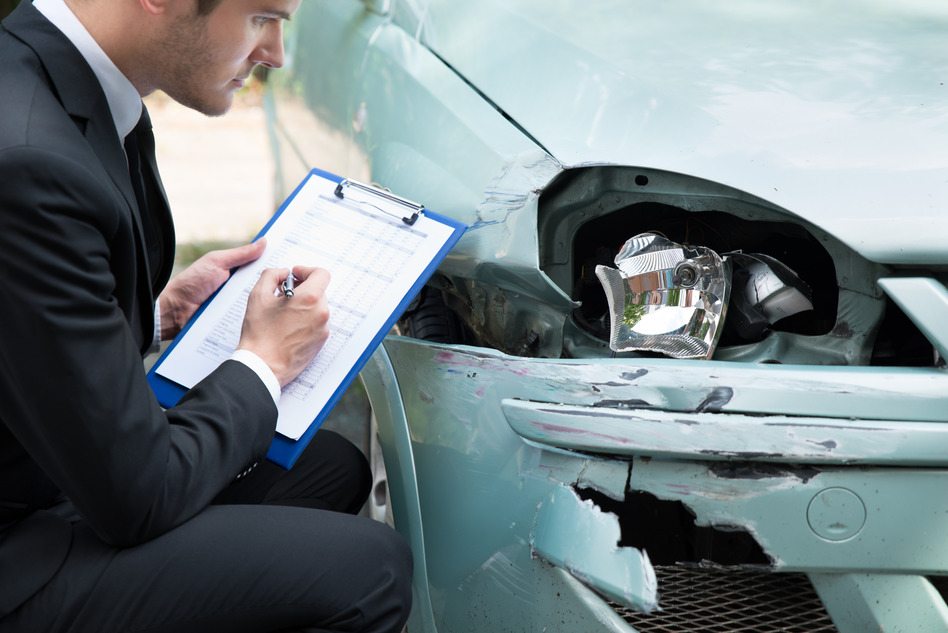From a return on investment perspective, the worst thing you could do is buy a new car. That’s because a new car can lose up to 15% or 20% of its value the second it leaves the dealer’s lot. That means the $40,000 car you just purchased is only worth $32,000 by the time you get it home.
Before you snicker and think to yourself that you’re smarter than the other guy because you only buy gently used cars think again. Used cars are not immune to instant depreciation; it’s just not as severe as with a new car.
What is the Gap?
When you finance the purchase of a new or used car the difference between the amount you owe and the value of the car is called the gap. The gap is significant because if your car is totaled, insurance will only reimburse you for the value of the car, not the amount you owe.
Gap insurance bridges the difference between your car’s value and your loan balance. It comes into play when the maximum payout from your collision insurance is less than the the amount you owe on the loan.
If you’re like most people, you’re probably wondering how you ended up with a gap when you made a down payment. New cars take a hit from depreciation the instant they leave the lot. Used cars are usually sold at a retail price, which is greater than its insurance value.
In addition to those factors, there are other costs that get rolled into auto financing such as sales tax. Unless you live in one of the five states with no state or local sales tax you paid an average of 6.91% in sales tax which was added to your loan. Other costs like dealer prep, title transfer, registration and inspection are all dumped into your opening loan balance.
Insuring the Gap
Whether or not you choose to buy gap insurance is a purely personal decision because it is seldom required. The best way to make the decision is to ask some questions that are designed to help you determine if gap insurance is right for you.
How fast will my car depreciate?
Different makes and models depreciate at different rates. The faster your car loses value the greater your need will be for gap insurance.
How long is the term of your loan?
The interest you pay on your car loan are added to your cost but not the value of the car. The longer your car loan is, the more likely you are to benefit from gap insurance. This is especially true if your loan is for more than 48 months.
How big is your down payment?
If your down payment was less than 20% of the cost of the car, there is a greater likelihood that you will be under water on your loan and should consider gap insurance.
Did you roll over another loan or lease?
It is not uncommon for people to roll over balances from previous loans or leases when trading in a car. If you did, the transferred balance increases the gap between your insurance coverage and your loan balance.
You Don’t Need Gap Insurance If…
- Your car is worth more than the balance of your loan and you are confident that if your car is totaled, your insurance will reimburse you for more than the balance of your loan.
- Your loan is for a very short term, usually 24 months or less.
- Your car is totaled and you feel comfortable paying of the leftover loan balance that is greater than the insurance payout.
Getting Gap Insurance
You can purchase gap insurance in one of three ways: through the dealer, through the finance company ,or from an independent agent. As a rule, the rates for gap insurance can be up to four times higher when they are sold by the dealership or the bank financing the loan. The cost of gap insurance is based on a percentage of the cost of your comprehensive and collision coverage, which is usually about 5%.
For example, if your cost for comprehensive coverage is $750 per year, your cost of gap insurance will be about $37.50.
If you purchase gap insurance through the dealership or finance company, your cost will be rolled into your loan payment over the lifetime of the loan. That means if you sell or pay off your loan early you should expect a refund for the unused gap insurance.
Unfortunately, in most cases neither the dealer nor the finance company will remind you that you are due a refund, so you will most likely have to request it.
Other than a house, a car is likely the largest investment you will make, and how you choose protect that investment is a personal matter. Ultimately, you will need to decide if the benefit of having gap insurance outweighs the cost.




